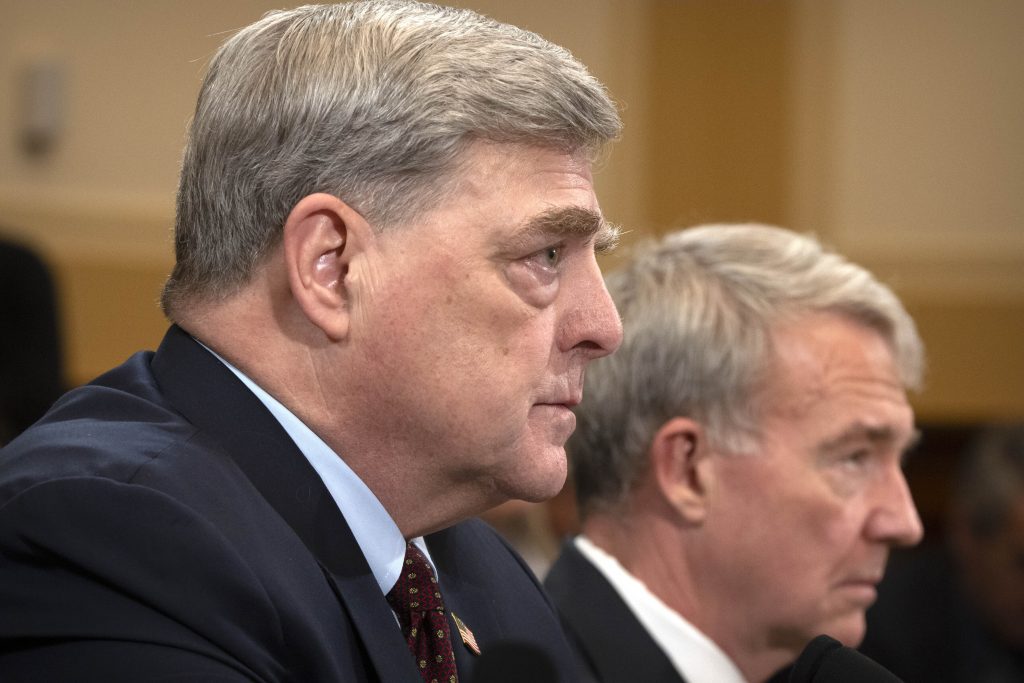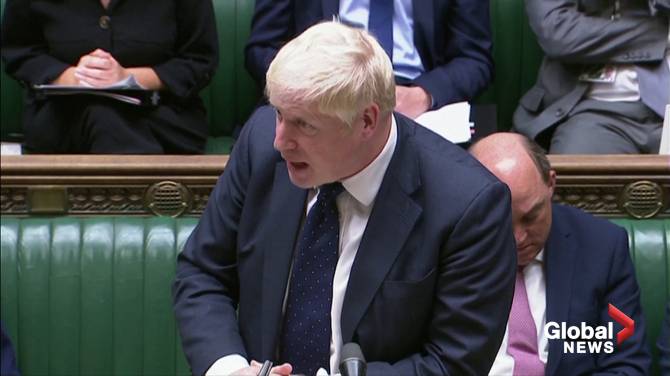The top two U.S. generals who supervised the removal of Afghanistan as it was taken over by the Taliban in August 2021 criticized the Biden administration for the disorderly departure, stating to lawmakers on Tuesday that the administration did not adequately plan for the evacuation and did not initiate it on time.
The uncommon testimony from the two retired generals publicly revealed the tension and disagreements the military leaders had with the Biden administration in the final days of the war. Two of the key disagreements were the military’s advice to maintain at least 2,500 service members in Afghanistan for stability, and concerns about the State Department not moving quickly enough to start an evacuation.
The comments contradicted an internal White House review of the administration’s decisions which concluded that President Joe Biden’s choices were severely limited by previous withdrawal agreements negotiated by former President Donald Trump. The review blamed the military, stating that top commanders claimed they had enough resources to handle the evacuation.
Thirteen U.S. service members died in a suicide bombing at the entrance to Kabul airport in the final days of the war, as the Taliban took control of Afghanistan.
Thousands of frightened Afghans and U.S. citizens desperately tried to board U.S. military flights evacuating people. Ultimately, the military was able to rescue over 130,000 civilians before the final U.S. military aircraft left.
The chaos was ultimately due to the State Department’s failure to request an evacuation of U.S. personnel until it was too late, according to former Joint Chiefs Chairman Gen. Mark Milley and U.S. Central Command retired Gen. Frank McKenzie, who testified before the House Foreign Affairs Committee.
“On 14 August the non-combatant evacuation operation decision was made by the Department of State and the U.S. military alerted, marshalled, mobilized and rapidly deployed faster than any military in the world could ever do,” Milley said.
However, according to Milley, the State Department’s decision came too late.
“The fundamental mistake, the fundamental flaw was the timing of the State Department,” Milley said. “That was too slow and too late.”
Evacuation orders must come from the State Department, but in the weeks and months before Kabul fell to the Taliban, the Pentagon was pressing the State Department for evacuation plans, and was concerned that State was not ready, McKenzie said.
“We had forces in the region as early as 9 July, but we could do nothing,” McKenzie said, calling State’s timing “the fatal flaw that created what happened in August.”
“I believe the events of mid and late August 2021 were the direct result of delaying the initiation of the (evacuation) for several months, in fact until we were in extremis and the Taliban had overrun the country,” McKenzie said.
Milley was the nation’s highest-ranking military officer at the time, and had urged President Joe Biden to keep a residual force of 2,500 forces there to give Afghanistan’s special forces enough back-up to keep the Taliban at bay and allow the U.S. military to hold on to Bagram Air Base, which could have provided the military additional options to respond to Taliban attacks.
Biden chose not to agree to a larger remaining force, and instead decided to keep a smaller force of 650, which would only be responsible for protecting the U.S. embassy. This smaller force was not enough to keep control of Bagram, which was quickly taken over by the Taliban.
After the U.S. left, the Taliban took over Afghanistan, leading to major changes for the people, including severe restrictions on the rights of women and girls.
Last year, the White House discovered that the disorderly withdrawal happened because President Joe Biden was limited by previous agreements made by President Donald Trump to withdraw troops.
An internal review from 2023 also seemed to shift responsibility for the suicide bombing at Hamid Karzai International Airport on August 26, 2021, suggesting that the U.S. military may have made a crucial decision.
The 2023 report stated that the President had repeatedly asked if the military needed more help to carry out their mission at HKIA to prevent a terrorist attack. It also said that senior military officials confirmed they had enough resources and power to handle the threats.
The State Department did not immediately respond to a message left on Tuesday.





